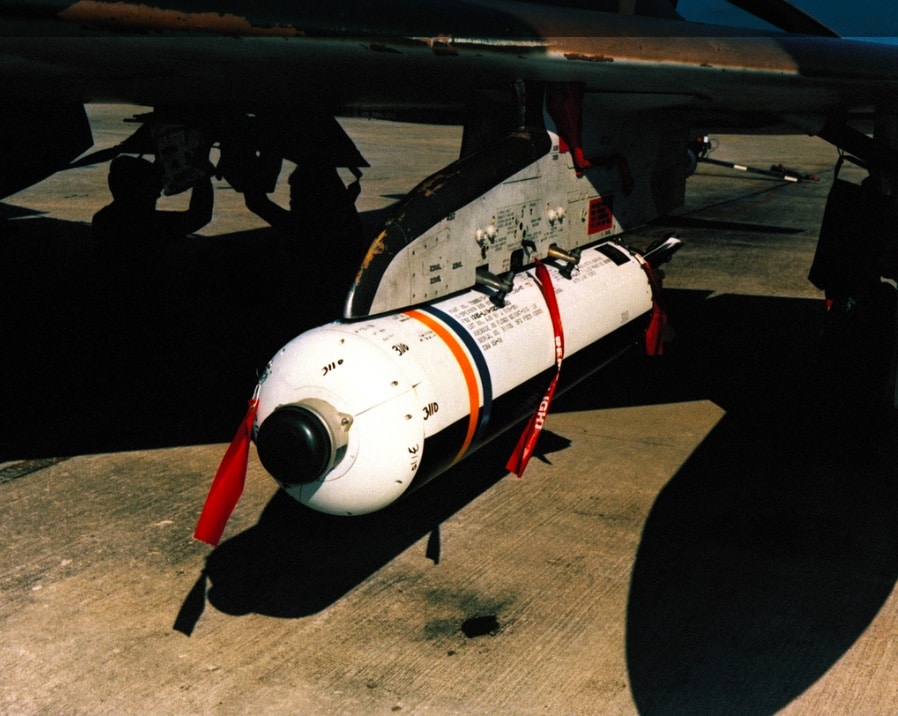The Pentagon confirmed Friday that President Biden has approved sending cluster munitions to Ukraine.
The cluster munitions are part of a 42nd military assistance package to Ukraine, according to Colin H. Kahl, undersecretary of defense for policy.
The move bypasses U.S. law which prohibits the production, use or transfer of cluster munitions with a failure rate of more than 1%.
Cluster munitions, or cluster bombs, are canisters that carry tens to hundreds of smaller submunitions. They can be dropped from aircraft, launched from missiles or fired from artillery, naval guns or rocket launchers.
The munitions canister then breaks open at a specified height and the submunitions, or “bomblets,” spread out over an expanse of that area. They are timed to explode close to or on the ground, where they spread shrapnel.
Both Ukraine and Russia have used cluster bombs since Moscow invaded its sovereign neighbor in February 2022. Ukrainian forces have recently begun using cluster munitions provided by Turkey.
The Pentagon is set to send Ukraine DPICMs, which are fired from 155mm howitzers. A single DPICM canister contains 88 bomblets, each of which has a lethal range of about 10 square meters, meaning one canister can cover an area of up to 30,000 square meters or 7.5 acres.
More than 120 countries—though not the United States, Ukraine or Russia—have joined a convention banning the use of cluster munitions, asserting they are inhumane and indiscriminate, in part because of their high failure rates. Historically, somewhere between 10% to 40% of the munitions fail, according to the International Committee of the Red Cross. Further, unexploded munitions can accidentally be detonated by civilians years or even decades later.
However, the Pentagon now says it has new assessments, based on testing as recent as 2020, which show failure rates of 2.35% or less.
That still exceeds the legal limit of 1% mandated by Congress in 2017, but Pentagon spokesperson Brig. Gen. Patrick Ryder said Thursday that officials are “carefully selecting” munitions with a 2.35% failure rate or below to send to Ukraine.
Further, the White House is drawing on a rarely used provision in the Foreign Assistance Act, which allows the President to provide aid, regardless of appropriations or arms export restrictions, if he determines it’s in the interest of U.S. national security.
“We consulted closely with allies to do this,” said National Security Advisor Jake Sullivan during Friday afternoon’s White House press briefing. “And some allies who are not signatories to the Oslo Convention embraced it with open arms, saying this is absolutely the right thing to do.”
He added that even allies who have signed onto the Oslo Convention have indicated both privately and publicly that they “recognize the difference between Russia using its cluster munitions to attack Ukraine and Ukraine using cluster munitions to defend itself, its citizens and its sovereign territory.”
Cluster munitions can kill, but they also target heavy artillery like tanks. The hope is that the cluster bombs will jump-start Ukraine’s counteroffensive, which has been struggling to make major gains over the past several weeks, though Ukraine officials said this week that recent assaults against Russian forces have been “particularly fruitful” following what Ukrainian President Volodymyr Zelensky conceded had been a “difficult” previous week.


